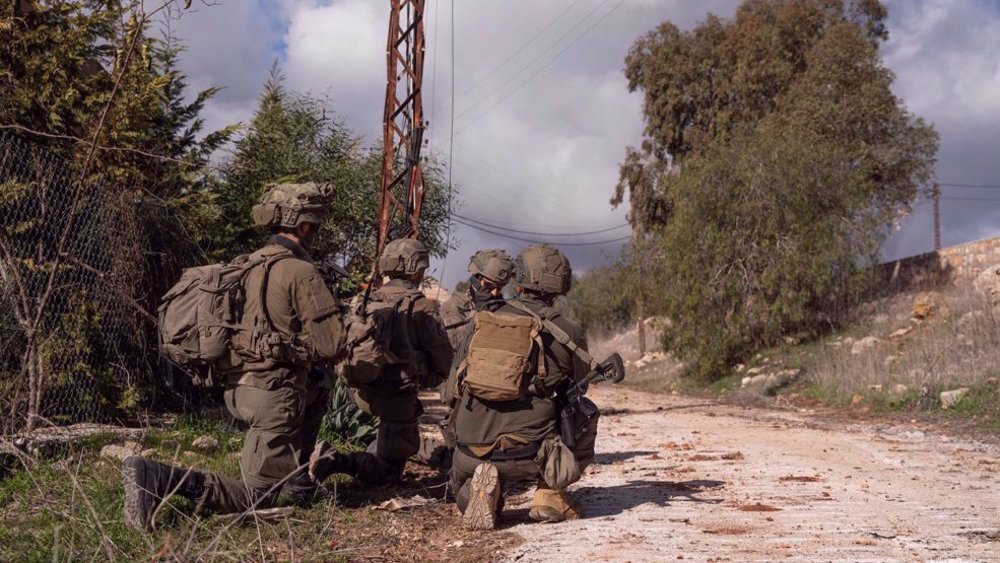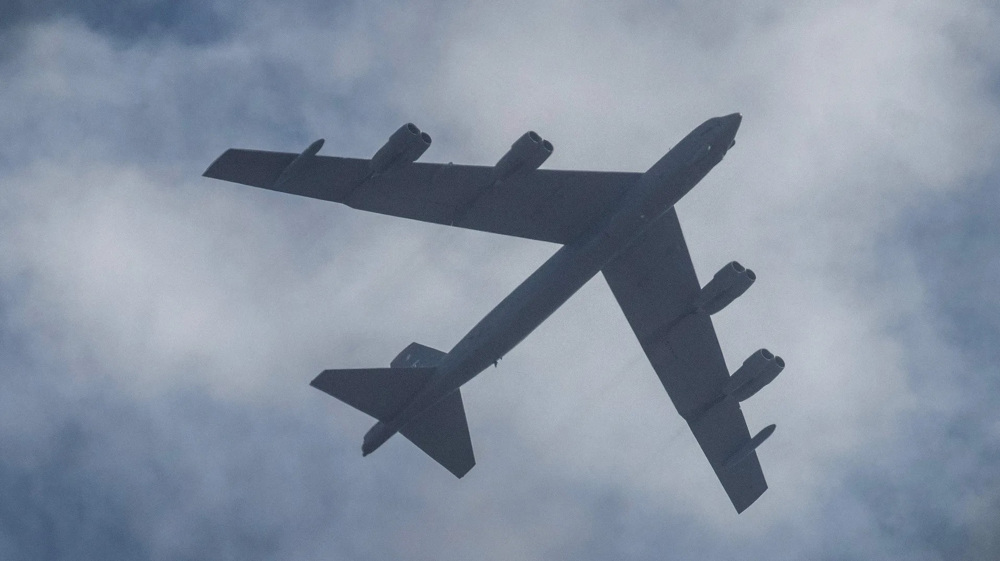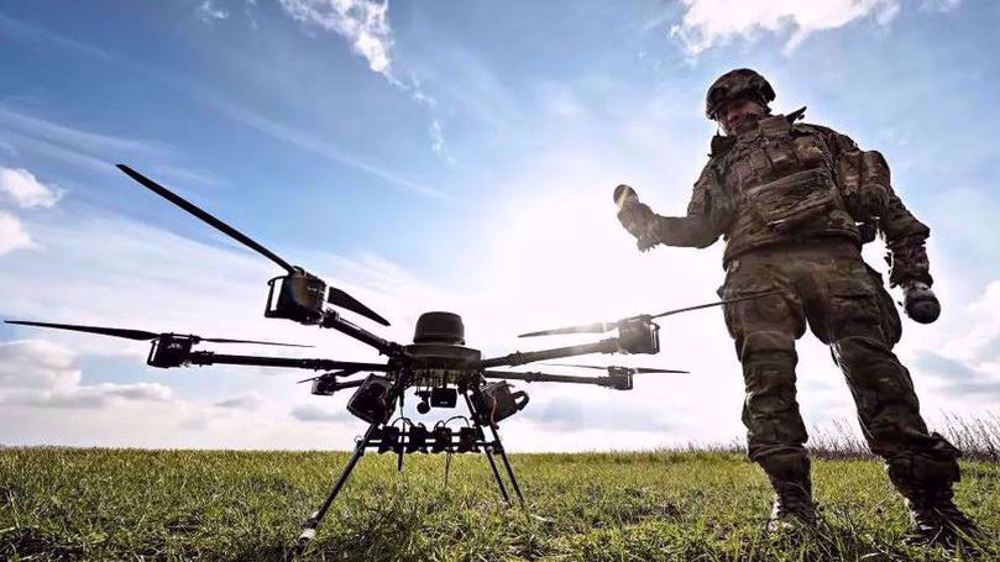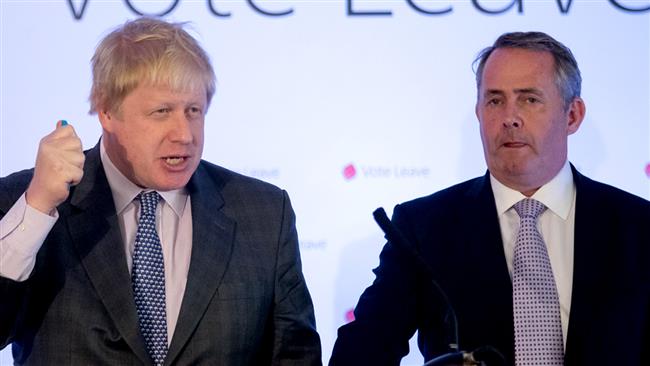US approves sale of $2 billion worth of missiles to UAE
The United States has approved a possible $2 billion worth of missile sale to the United Arab Emirates, a key member of the Saudi-led military campaign against Yemen, says the Pentagon.
The State Department authorized the sale of 60 Patriot missiles with canisters as well as 100 Patriot guidance enhanced missiles, among other military equipment to the UAE, the Defense Security Cooperation Agency (DSCA) said Thursday.
"This proposed sale will contribute to the foreign policy and national security of the United States by improving the security of an important ally which has been, and continues to be, a force for political stability and economic progress in the Middle East," the DSCA said.
"The UAE will use the capability as a deterrent to regional threats and to strengthen its homeland defense. The UAE has fielded the Patriot system since 2009 and will have no difficulty absorbing these additional missiles into its armed forces."
According to the Pentagon, the deal, which must also be approved by Congress, will be supported by an office of the US Army's Aviation and Missile Life Cycle Management Command (AMCOM) that is already in the Arab country.
During an international exhibition of weapons and military equipment held in Abu Dhabi in February, the UAE struck arms deals worth of over five billion dollars, including a $740-million one with US weapons manufacturer Raytheon.
Also in April, the Arab kingdom signed another deal with Germany to buy 203,448 detonators for 40-mm mortar shells as well as 134 million dollars worth of armor-plating for military vehicles.
Read more:
- Germany sells more arms to UAE amid Yemen war
- UAE buys arms worth $5bn at Abu Dhabi expo
- UAE eyes billion-dollar arms deals amid Yemen war
Abu Dhabi has been assisting Saudi Arabia in its brutal offensive against Yemen since March 2015 with the aim of reinstalling the former Riyadh-allied government.

The United States and its allies have, on several occasions, come under fire for their arms sales to the parties involved in the military campaign launched to undermine the Ansarullah movement and reinstate Yemen’s former president Abd Rabbuh Mansur Hadi.
Some seven million Yemenis are facing starvation as a result of the ongoing conflict in the country, which has already claimed over 12,000 civilian lives and taken a heavy toll on the impoverished country’s facilities and infrastructure, including hospitals, schools and factories.

US, France want mercenaries deployed in south Lebanon: Report

US bombers fly over Mediterranean Sea as delivery of heavy bombs to Israel announced

Leaked documents reveal US strategies to prolong Russia-Ukraine war
VIDEO | Press TV's news headlines
Nearly a third of Canadians view US as ‘enemy’: Poll
‘No legal prohibition’ on sale of Shahed drone: Iran’s UN mission
EU weighting new aid package to Ukraine ‘to show support’ amid rift with US
VIDEO | Master of martyrs
Russia warns of NATO threats against port infrastructure
‘New generation of smart weapons’: Iran Army to launch massive joint drills in southern waters
Canada arrests prominent activist over pro-Palestinian stance












 This makes it easy to access the Press TV website
This makes it easy to access the Press TV website